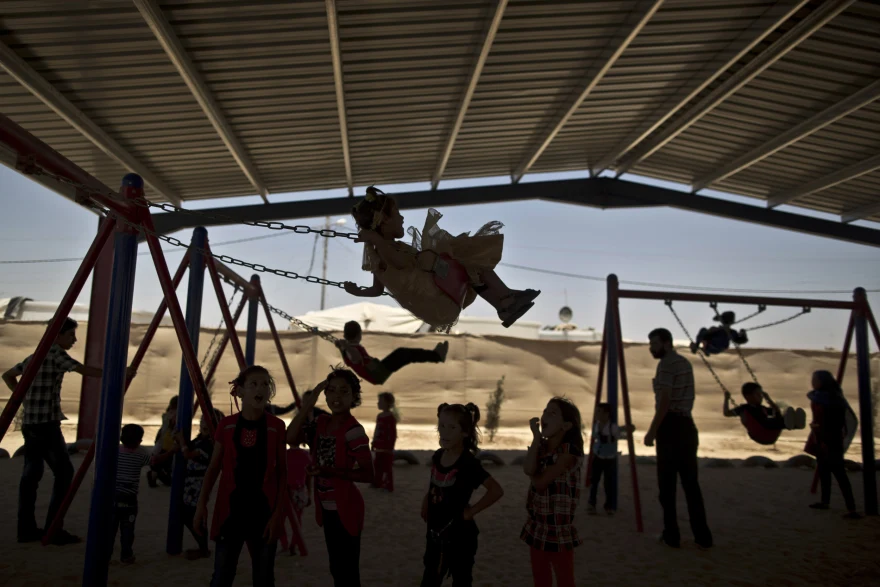The obligation to observe Eid in Islam presides over temporary human conditions, as God, by contrast, is believed to preside over all situations in life, and is permanent in His essence.
As wars, tragedy, human and natural disasters hit the world, with many Muslims living in the Asian, Middle Eastern and African regions being disproportionately affected by the crises , when Eid comes around, the occasion is obligated in the Islamic belief, to be celebrated – and cannot be ignored or ‘passed on’.
The obligation to observe Eid in Islam presides over temporary human conditions, as God, by contrast, is believed to preside over all situations in life, and is permanent in His essence.
This belief is reverberated physically by the Takbeerat Al Eid, a chant of God’s magnitude and greatness which is recited by Muslims on the first morning of Eid, and repeated thereafter after every obligatory prayer until the festival ends – manifesting the belief that in His ‘greatness’, God can change all situations.
According to Muslims, God gives Eid to believers allowing them to indulge in gratitude and spiritual rejuvenation even in times of hardship, and against all odds, reminding them that He is the greatest and above worldly predicaments.
Muslims also believe that by fulfilling this religious obligation, they demonstrate their commitment to following the teachings of Islam and maintaining both their devotion to God and the unity of the ‘Ummah’, or the Muslim community.
‘God is above all worldly issues’
As prescribed by Islam teachings to be observed irrespective of human conditions, Eid is seen as providing a break from the rigours of daily life, serving as a reminder on the importance of change, gratitude, humility and patience – as well as joy.
Eid and its commandment to be celebrated stems from the belief that it provides an opportunity to express appreciation to God for the strength and perseverance through difficult and hardship, as well as God’s gift to believers after undergoing challenging times.
Eid Al Fitr is largely perceived as a reward for believers after fasting for a month from dawn till dusk, and Eid Al Adha is perceived as a reward after worshipping God in what Muslims believe to be the ’10 best days of the year’, the first 10 days of Dhul Hijjah.
As such, a common theme in Islam is ‘do good and be rewarded’ or ‘be patient and be rewarded’, which manifests itself in various significant occasions and metaphysical beliefs, from being rewarded Eid in this life to being rewarded with eternal paradise in the hereafter.
Eid as a unifying force
Eid serves as a powerful unifying force for Muslims, bringing people of diverse backgrounds, cultures, and economic statuses together, fostering a deep sense of belonging and solidarity. Mosques, community centres, and open spaces become hubs where believers gather to pray, share meals and celebrate.
Through observing Eid, believers cement the bonds of brotherhood and sisterhood, embrace compassion, and lend a helping hand to those who are less fortunate.
Eid Al Fitr, marking the conclusion of Ramadan, a month of fasting, reflection, and self-discipline, essentially symbolises the successful completion of spiritual devotion and the cultivation of self-control.
Meanwhile, the observance of Eid Al Adha signals the importance of sacrifice, both literal and metaphorical, as well as the concept of total submission to the will of God.







